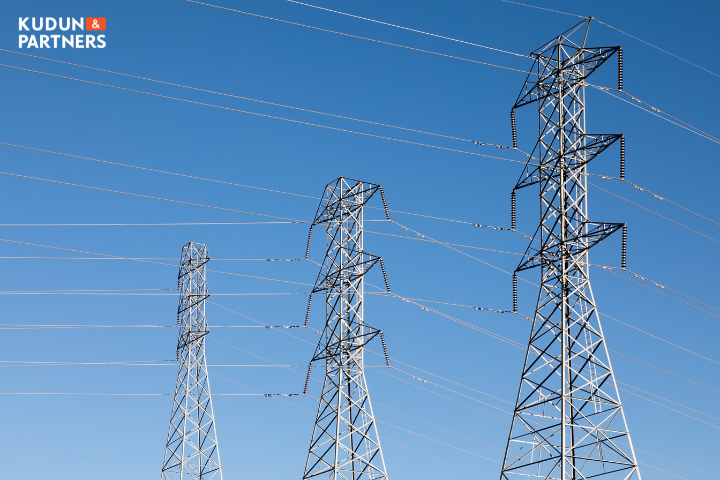The direct power purchase agreement between an energy producer and a consumer (the “Direct PPA”) in Thailand are currently restricted to very limited circumstances. However, following the National Energy Policy Council (the “NEPC”)’s Resolution No. 1/2024 on June 25, 2024 (the “NEPC’s Resolution”), we are excited to announce a groundbreaking development in Thailand’s electricity landscape: the launch of the pilot project permitting the Direct PPA with a capacity of up to 2,000 megawatts.
This NEPC’s Resolution signals an eagerness to liberalize the energy limitation and attract investment, especially the data center industry, by enabling broader access to the electricity market. The major change is that this pilot project will allow an energy producer to directly deliver to its consumer under the Direct PPA through Third-Party Access (the “TPA”).
This article aims to recap the development of TPA in Thailand. We hope that you found it helpful.
TPA Framework
The TPA first appeared on our radar since the Notification of the Energy Regulatory Commission (the “ERC”) re: Third Party Access Framework Guideline B.E. 2565 (2022), which became effective on May 3, 2022 (the “ERC Notification”). This ERC Notification is a key component of Thailand’s National Reform Plan for the year 2017, aiming to open the electricity sector to private participation and boost market competition.
The ERC Notification provides the overview and guidelines for the implementation of TPA. It specifies the key definition of the relevant parties, which are:
-
- Regulated Entities: The transmission system licensee or distribution system licensee, meaning the Electricity Generating Authority of Thailand, Metropolitan Electricity Authority, or Provincial Electricity Authority (as the case may be); and
- Third Party: Any electricity license holders who wish to connect to the grid connection under the TPA Code.
The ERC Notification requires the Regulated Entities to prepare the TPA Code and submit it to the ERC for approval within 180 days from the date of the ERC Notification. The Regulated Entities must ensure fair access principles and transparent fee structures for the Third Party. The TPA Code must also prevent preferential treatment for affiliates and subsidiaries of these Regulated Entities.
However, we note that each of the Regulated Entities has already developed their TPA Codes but are still pending ERC’s approval. Once we receive any further updates, we will keep you informed of these developments.
Ongoing Developments in 2024
With the NEPC’s Resolution, a pilot project for Direct PPA having a capacity of up to 2,000 megawatts was initiated. Companies eligible for participation must be large-scale investments, operate in a consistent manner across all countries where they invest in, and not sell electricity back to the national grid. However, the criteria for the investment remain unclear.
The NEPC has delegated the Ministry of Energy and the ERC to study the impact of Direct PPA and the use of TPA through the grid connection of Regulated Entities. They are also tasked with determining appropriate fees for the TPA mechanism, which include (1) Wheeling Charges, (2) Connection Charges, (3) System Security Charges or Ancillary Services Charges, (4) Imbalance Charges, (5) Policy Expenses, and other relevant costs. This applicable service fees are set to be finalized by the end of this year.
Development in ASEAN
For the development of Direct PPA and TPA from our neighbors, we have observed a growing trend of Direct PPA. On July 3, 2024, the Government of Vietnam enacted Decree 80/2024/ND-CP, which allows consumers to purchase electricity from producers through two main models: the virtual PPA model and the private line model. We are awaiting clarification from the related-competent authority whether Thailand will adopt either or both of these models in the future.
Impact and Future Prospects
This regulatory shift is expected to drive down electricity costs and improve service quality by introducing competition into the market. We will be closely monitoring these developments and wish to assist clients in navigating this new landscape.
For more information on Projects and Energy in Thailand, please get in touch with our projects and energy practice, or alternatively, please contact the author at chai.l@kap.co.th or visit www.kap.co.th


